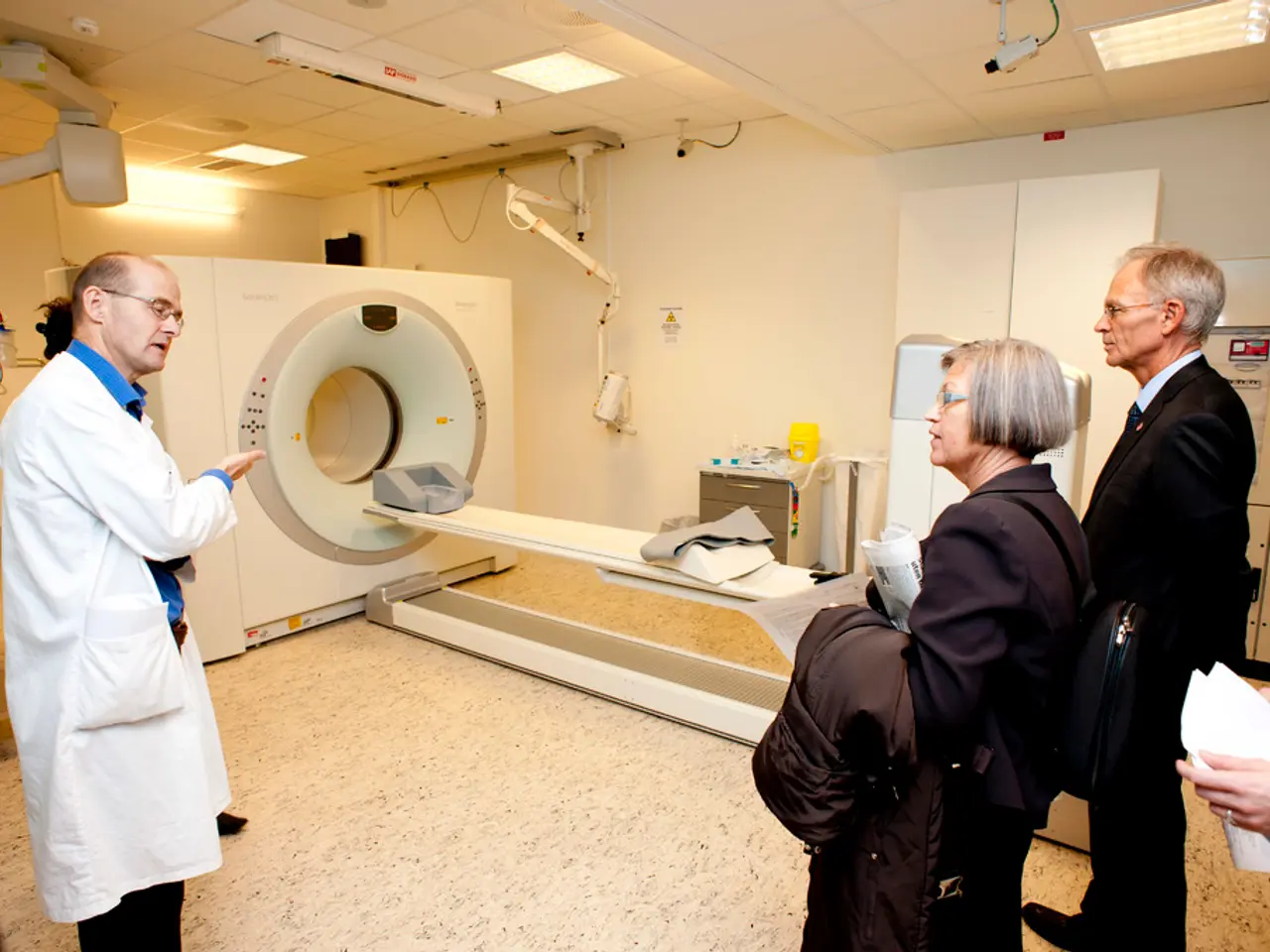Hospitals in Berlin brace for conflict
Berlin, Germany - In response to the changing threat landscape, particularly the Russian annexation of the Ukrainian Crimea in 2014, the German government has initiated a comprehensive plan to enhance the readiness of Berlin's hospitals in the face of potential crises. Known as the "Civil Defense Hospitals" framework, this strategy aims to ensure the continuity of medical services during emergencies, ranging from military conflicts to hybrid threats and weather disasters.
The key components of the plan include preventing service failures, ensuring emergency patient distribution, and addressing the resilience of hospital services in the face of hybrid threats and military conflicts. The plan focuses on maintaining operational services and supply chains, even in the event of military attacks, by ensuring continuous access to necessities like emergency power, medical supplies, and medicines.
In the event of direct military conflicts, the plan's focus on maintaining hospital operations and ensuring the availability of medical supplies would be critical. It also aims to distribute patients effectively to manage the medical response during emergencies. The plan addresses not only conventional military threats but also hybrid threats, which involve non-military measures like cyberattacks or disruptions in supply chains.
The healthcare infrastructure in Berlin needs to be made more crisis-resistant, according to the CEO of the Berlin Hospital Association, Marc Schreiner. He emphasised that hospitals in Berlin are well-prepared to respond to acute danger situations through regular emergency exercises. Health Senator Ina Czyborra (SPD) stated that the city is expanding civil defense beyond what has been done in recent years due to the changed threat situation.
The framework plan, which has been developed over two years, also takes into account the potential for pandemics and attacks on critical infrastructure. The Berlin Senate's Civil Defense Hospitals framework plan is a proactive approach to mitigating the impact of potential conflicts on Berlin's healthcare system, demonstrating the city's commitment to protecting its citizens in times of crisis.
- The Civil Defense Hospitals framework in Berlin, aimed at enhancing hospital readiness during crises, encompasses medical-conditions scenarios, including military conflicts, hybrids threats, and even pandemics.
- As political tensions rise, particularly with the economic and political implications of war-and-conflicts like Russia's annexation of Crimea, the city's focus on health-and-wellness has shifted to include crisis-resistant healthcare infrastructure.
- General-news about Berlin's proactive approach to safeguarding public health not only covers the strengthening of hospitals against conventional military attacks but also ensures preparedness for non-military threats, like cyberattacks.




